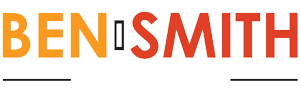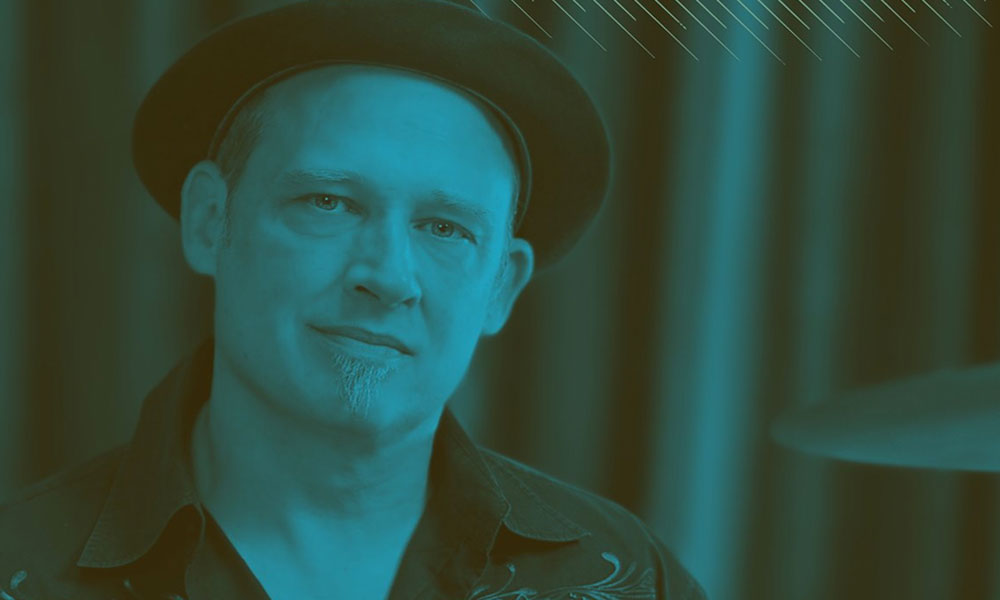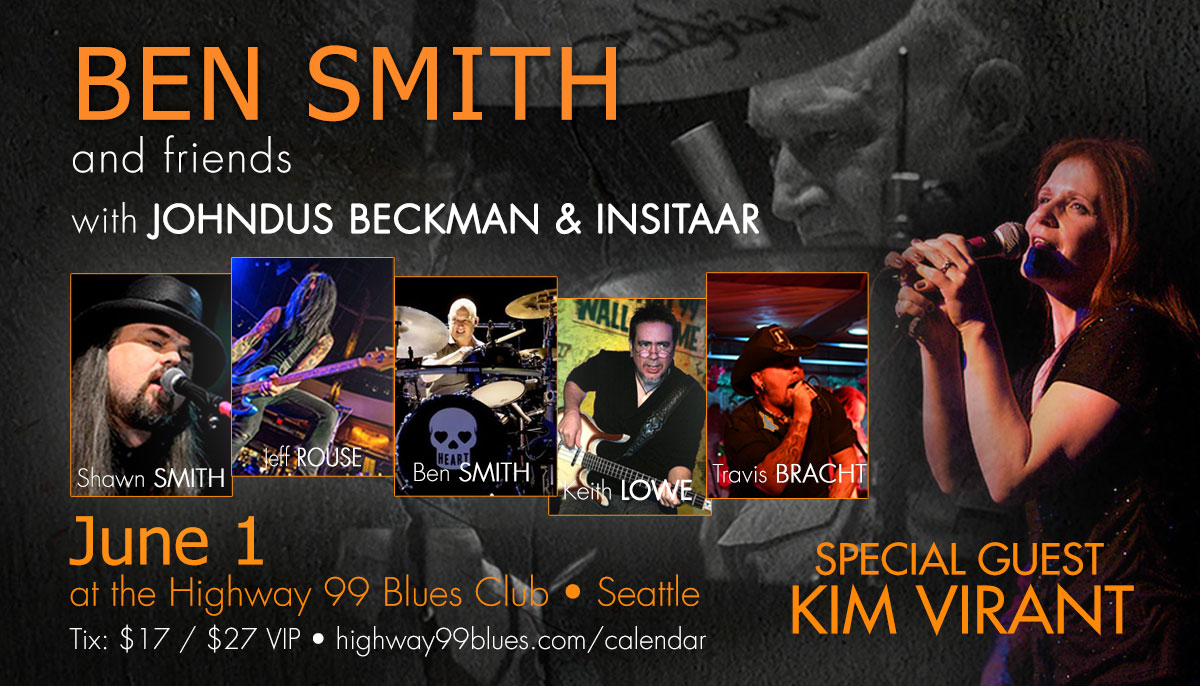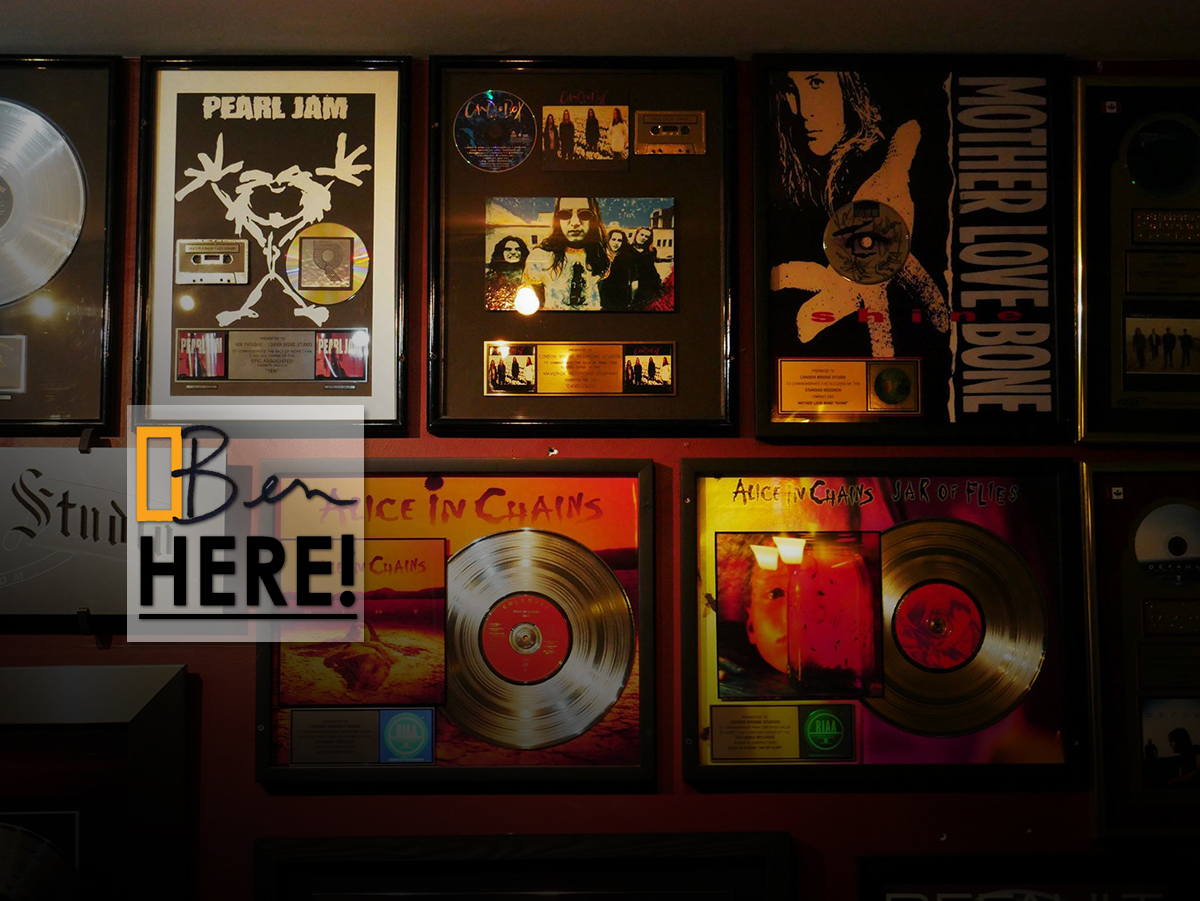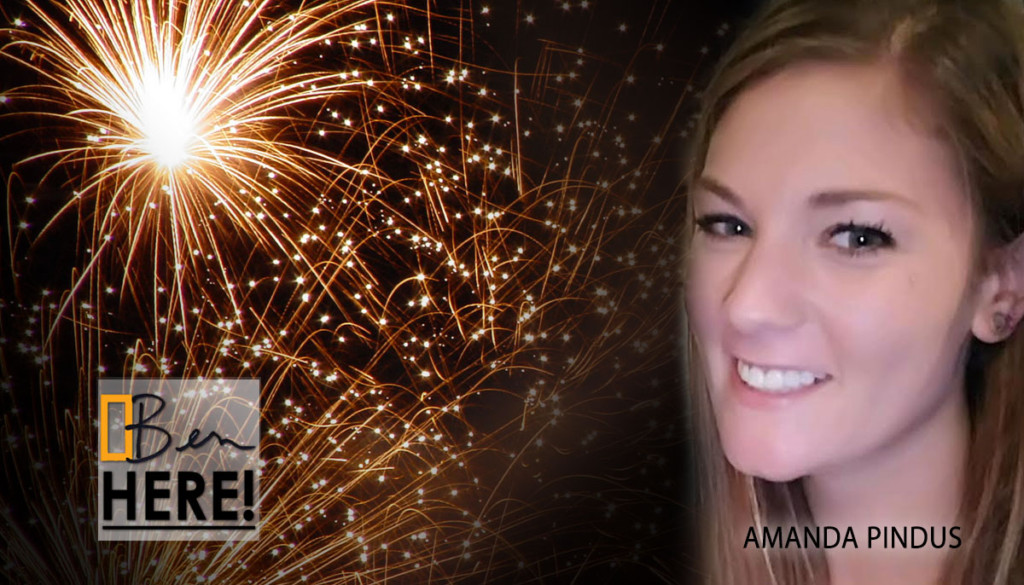
I’ve had the opportunity to get to know lots of cool people while touring, and one of them is Amanda Pindus. She is a special effects technician specializing in pyrotechnics for touring bands. At the age of 26 she’s become a very experienced touring special effects tech, and is on the road all the time.
I spoke to her while I was sitting in the back of our tour bus in Alabama and she home in Nashville between tours with Florida Georgia Line.
B: Hi Amanda!! You ready to talk about yourself?
A: Yes!
B: I know you primarily as a pyrotechnics specialist, but what other skills do you use, what other effects do you guys do?
A: I’ve dealt with pyro mostly, but we also do confetti, lasers, snow, cryo, and flame effects. We do everything from researching and developing, building some of the systems, design the effects, get it all up and working and of course fix them all too.
B: What’s the name of the company?
A: Pyrotek Special Effects Incorporated.
B: Tell me if and how you were inspired by music at an early age, and how that effected you.
A: Definitely. Growing up I had a wonderful mother, who played all kinds of great music from the 70;s, 80’s and 90’s. I got my music inspiration from her. I was lucky enough to take my love of music to a local college in Windsor, Ontario which had an Entertainment Technology program. I wasn’t sure what I wanted to do at all, but wanted to see what was there.
B: What college was that?
A: St. Clair College in Windsor, Ontario.
B: Talk more about your college experience! Did you run into people there who were able to continue on into the entertainment business?
A: The program I had enrolled in was fairly new and still developing. There was a guy named Nigel Deslippe who had graduated the year I started. He believed in me and knew what I was capable of accomplishing and truthfully, I don’t think I would be where I am in this industry without him. We are still great friends and have worked together since I left college.
B: What about that program spurred you on in your career? What did you learn there that you were able to use?
A: I feel like the program at the school gave us an idea of what work was out there, but being in school and working in the field are two completely different things. You learn so much more in the field. You realize there’s way more choice of things to get into out there.
B: Yeah, it seems like college for some folks a is place to get their feet wet and then decide if they want to launch into a career. What was it that got you to the first people you worked for?
A: I worked at the casino as a local stagehand at the Caesar’s in Windsor, Ontario. This was a great first step into the entertainment world.
B: Right, that’s where you and I met, at that venue after you started doing pyro on the road.
A: Yeah, yeah, that was the first time I ever saw you guys too!
B: That’s great, it’s a fun gig. So, you were working as a local stagehand, how did you propel yourself to get to where you are now with your pyro career?
A: Working with the shows that came through and watching the crews come in and out, I saw how happy most of those guys were, how much they liked their jobs. Going from city to city, living on the bus, seemed like a cool idea, so I tried to network with those people and I stay in touch with some of them still. But truthfully, how I got where I am is when I was in college we took a field trip up to Toronto to Pyrotek. Nine months after that trip I contacted them to see about interning for hours so I could graduate school and that turned into a job opportunity, that I with no doubt said yes to.
B: So what is it about how you approached them that sold them on you? With any job, there’s something about the personality of the person applying for a job that appeals to the company. So, what happened? Did you do intern hours first?
A: Actually no! I emailed the COO to ask about working intern hours, and they responded that there was a job opening I could apply for. When I went up there, I had no intentions of getting the job. I was still in college, still fresh, not a lot of knowledge, not ready to be in the working world, I don’t think. He must have saw something in me and it turned out great, I’m still working for them 4 years later. I’m still going!!
B: That is so great, you were still in college and put yourself forward. You made it work.
A: It was a really big shock for me, I did not expect that to happen. I just wanted to go visit and maybe get my name and face recognized for the future possibility of getting a job.
B: You are obviously competent, and seem like a really well-balanced person. I think they probably recognized that and saw that you could be an asset. After being out on the road for awhile, do you have any thoughts about being a female in a job that was traditionally done by males? Tell me what it’s like now for you?
A: I found out very early that you needed to have thick skin in you wanted to survive in what is typically a male dominated industry. It seemed like it was hard, and still is hard for some people to accept that it doesn’t matter whether you’re male or female, you can still get the job done. I’m not sure if I have just grown accustom to the judgement by some, but things are slowly changing and I believe there has been and will continue to be more females in the business now.
B: Ok, so you’re pretty established, you’ve done some big tours, which is fantastic. Say your company has a tour coming up, what is the process there? What’s that process like?
A: That’s a very good question. The first thing I think about is how long the tour is, what season it is and how I can pack my suitcase accordingly! Another thing I consider is the amount of gear that will be out with us, what my specific responsibilities will be day to day, and how will we organize ourselves to make our daily job flow smoothly and easily.
B: Very Funny!!! So, the production or effects designer for the tour or artist gets together with the guys at your company to design the effects for the show. Do you come in for the shop calls to prep the gear you’ll need on the road?
A: I have in the past. I’ve spent quite a bit of time in the shop prepping gear for the tour we’re working on, but they have shop guys who do the set up. Everyone at the company talks about what’s needed. The designers involved with the project to figure out what needs to happen and what goes where, with what song. Those of us who will be out touring with the gear have input about what will work on the show. It’s a real team process.
B: The designer comes into your shop and says this is what we want to do. Then it gets set up and goes into production rehearsals at some point to fine tune it. Do you go to the rehearsals and fine tune it?
A: Yes, there can be a lot of changes that happen between the time production rehearsals start and when we finally hit the road.
B: That sounds a little like we do as musicians. We fine tune things in rehearsal, then take it out on the road and change things a little as a tour goes on. We add or subtracting tunes from the set list and make musical or timing changes on different songs. Finding the simplest way to make a change, and staying flexible in trying things out is a super important part of our business. What are some of the qualities do you like to see in people when you are out on the road? What suggestions do you have for anyone wanting to find a technology job on tour?
A: I think just being a happy person in your job can be so important. You don’t have to be the best, but if you can just be happy it goes a long way. You’re not paid to be happy, but it makes everything so much easier, and I feel personalities are a major key in this industry. It could land you your next gig.
B: That is so funny, and true. As a musician it’s become clear to me that keeping the drama at a minimum is really important. Separating what my concerns are from someone else’s is really useful.
A: Communication plays a big role out here. Talking issues out and moving on is so important. Communication is key! Happiness is key!
B: Man, that is a great place to finish this interview! It’s really obvious that developing the skills happens over time, that being flexible and communication are key, and that finding something to reach for is so important when looking for work. I think you’re a great example of opportunities coming to those who develop the skills and the work ethic, thanks for talking to me about your experience!
